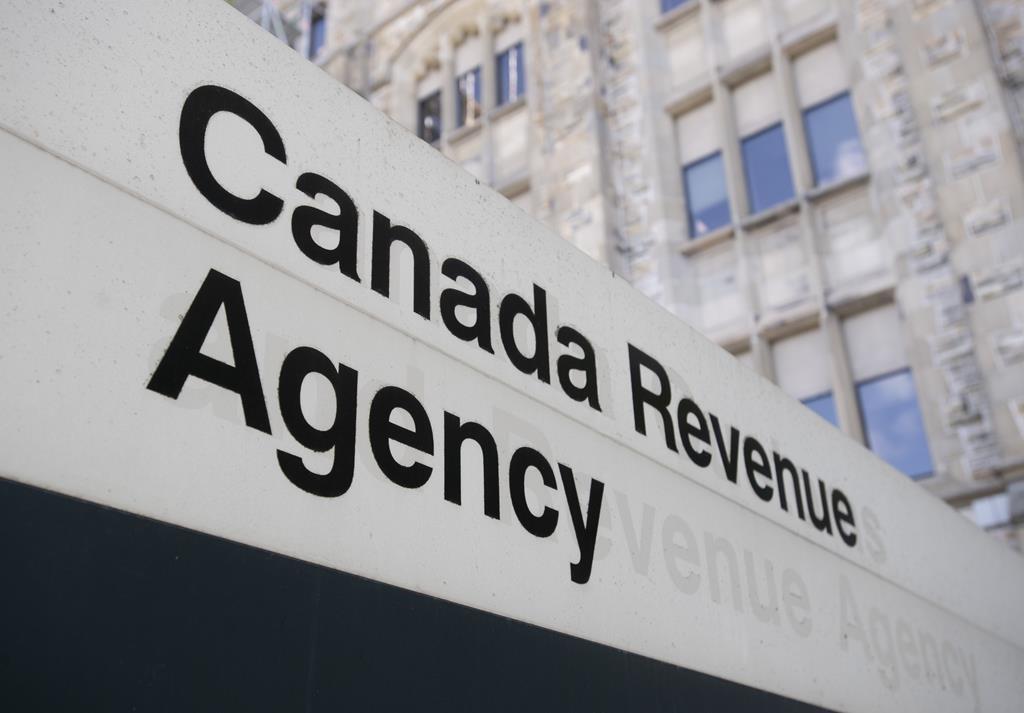A new budget bill that would modify the Income Tax Act has lawyers warning that the legislation, if passed, would violate the Canadian Charter of Rights and Freedoms and break lawyer-client privilege by requiring lawyers to identify clients to the Canada Revenue Agency (CRA).
Bill C-32, the Fall Economic Statement Implementation Act, 2022, imposes new obligations on a broad group of trusts, requiring them to file annual tax returns to report client information to CRA, including names and addresses.





